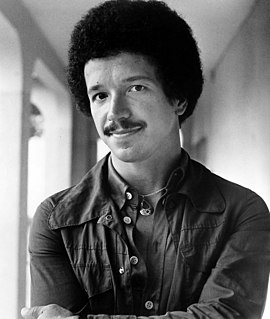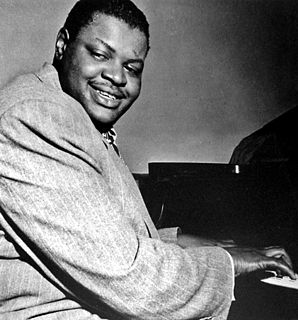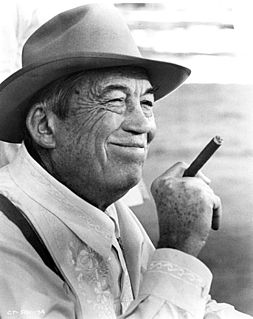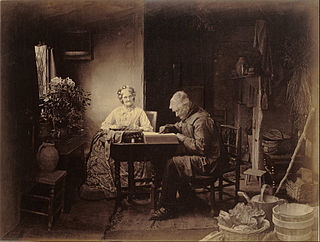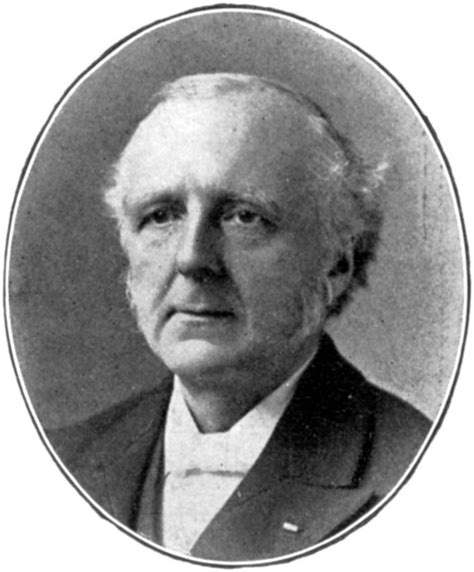A Quote by Rembrandt
A work is finished when an artist realizes his intentions.
Quote Topics
Related Quotes
And often he who has chosen the fate of the artist because he felt himself to be different soon realizes that he can maintain neither his art nor his difference unless he admits that he is like the others. The artist forges himself to the others, midway between the beauty he cannot do without and the community he cannot tear himself away from.
The artist seeks contact with his intuitive sense of the gods, but in order to create his work, he cannot stay in this seductive and incorporeal realm. He must return to the material world in order to do his work. It's the artist's responsibility to balance mystical communication and the labor of creation.
I was associated with the Artist Placement Group in the early 1970s and David Hall, the video artist, was an Artist Placement Group artist. I was completely broke at that time, and he said to me, "Come and do some teaching" - he was head of department at Maidstone College of Art. And I went and did a couple of teaching days and practically the only person who showed up was David Cunningham [Flying Lizard's main man], with all of this finished work
Clearly the hardest thing for the working artist is to create his own conception and follow it, unafraid of the strictures it imposes, however rigid these may be... I see it as the clearest evidence of genius when an artist follows his conception, his idea, his principle, so unswervingly that he has this truth of his constantly in his control, never letting go of it even for the sake of his own enjoyment of his work.
Why was the painting made? What ideas of the artist can we sense? Can the personality and sensitivity of the artist be felt when studying the work? What is the artist telling us about his or her feelings about the subject? What response do I get from the message of the artist? Do I know the artist better because of the painting?


